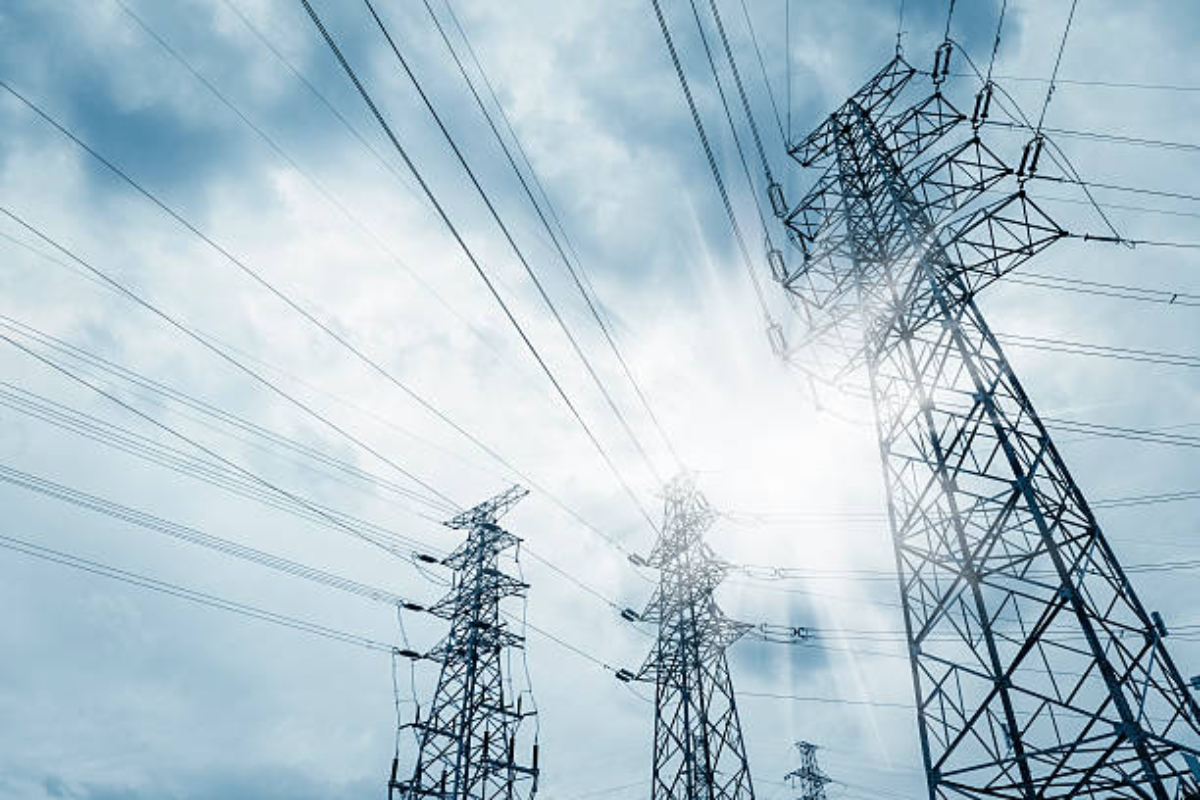7 solar projects in Himachal to generate 72 MW power by December: CM
Himachal Pradesh Chief Minister Sukhvinder Singh Sukhu on Wednesday said seven projects in the state will harness 72 MW of solar power by this December.
As per the State Load Dispatch Centre (SLDC) data, the city’s peak power demand reached 8302 MW at 3:36 pm this afternoon, the highest ever recorded in the history of the national capital.

[Representational Photo : iStock]
Amid heat-wave conditions prevailing in the national capital, Delhi’s peak power demand clocked over 8,300 MW on Wednesday, the highest so far in the ongoing summer season.
As per the State Load Dispatch Centre (SLDC) data, the city’s peak power demand reached 8302 MW at 3:36 pm this afternoon, the highest ever recorded in the history of the national capital. This new peak surpassed the previous record of 8, 000 MW set just days earlier on May 22.
Advertisement
This marks the 12th consecutive day that Delhi’s peak power demand has exceeded 7000 MW this year. Before the records of 2024, the previous high was 7695 MW, recorded on June 29, 2022. In 2023, the peak power demand was 7438 MW.
Advertisement
According to experts, the surge in power demand is primarily due to the hot weather, which is prompting residents to increase their use of air conditioners and coolers, thus driving up electricity consumption.
“The persistent heat wave across North India is leading to a sharp demand surge for electricity in the national capital. The peak power demand in Delhi hit a new record of 8302 MW (as per SLDC). At Tata Power-DDL’s end, we successfully met our highest-ever peak power demand of 2339 MW and have made sufficient arrangements to meet the demand,” a spokesperson of Tata Power-DDL told a news agency.
The official data indicates that the peak power demand in South and West Delhi, which reached 3250 MW and 3389 MW during the summers of 2023 and 2022 respectively, is expected to rise to around 3680 MW this summer.
In East and Central Delhi, the peak power demand, which reached 1670 MW and 1752 MW during the summers of 2023 and 2022 respectively, is expected to touch around 1860 MW this year.
Advertisement